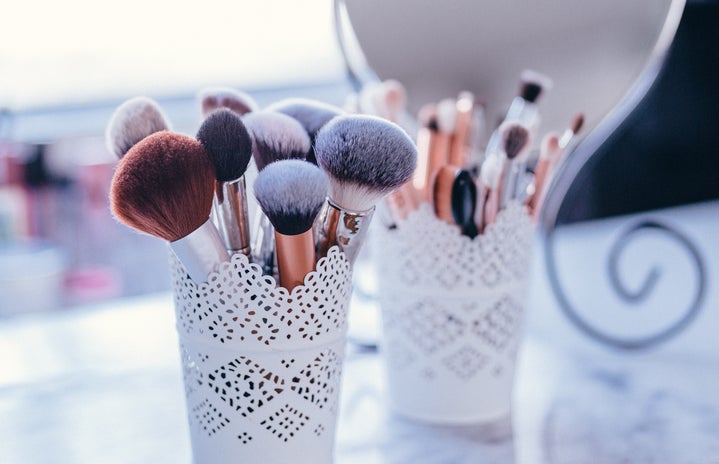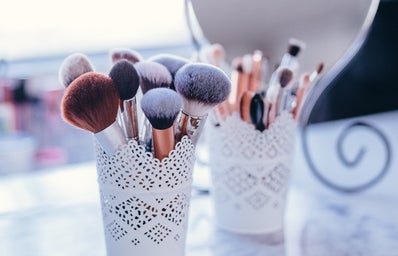We have all endured irritation, pesky breakouts, and an occasional allergic reaction from cosmetic products at some point in our lives. But, are we holding anyone accountable for our beauty misfortunes? Well, I am here to dispel the myth that the consumer is always at fault and direct your attention to the lack of regulations that exist within the cosmetic industry. In 1938, Congress passed The United States Federal Food, Drug, and Cosmetic Act—a set of laws giving authority to the FDA to oversee the safety of food, drugs, medical devices, and cosmetics. However, the big loophole in this policy is that unlike drugs, cosmetics do not need to first get approval before they can be sold. Here is why you should be concerned with cosmetic companies using or selling unsafe ingredients in their products.
Like any mother, Gregg Renfrew was dedicated to providing her children with the healthiest childhood. Therefore, she washed her children with the best natural foaming oatmeal body wash that was on the market. However after watching the documentary An Inconvenient Truth, Renfrew became obsessed with the environmental health movement. So, she decided to see how healthy her favorite household cosmetic products really were— including her children’s body wash. After searching the product on the Environmental Working Group’s database, she discovered that the “natural” children’s body wash was actually putting copious amounts of toxins on her babies’ delicate skin. Can you imagine how she felt knowing that she failed at her mission as a parent by putting her children at such great health risks without even knowing?
In that moment, Renfrew realized that there was an unfathomable white space in the beauty industry that she was meant to occupy. So, she made a list of more than 1,500 potentially harmful ingredients she vowed to never use in her products—a far cry from the eleven that are federally banned in the US. Then, she created a business model that was dependent on a network of individual consultants who created their own products from scratch and could monitor the ingredients. Finally, she embarked on a journey to introduce new regulations to the cosmetic industry because the cosmetic industry was not going to introduce any new regulations that would protect her. Thus, her clean beauty and skincare company Beautycounter was born in 2011 and is valued at over $400 million today.
As unsettling as it is to hear that there are highly toxic children’s body washes on the market, it is even more so to learn why these products are allowed to be purchased. Despite having full control over the regulation of cosmetics, the FDA does not have the authority to require companies to test their cosmetic products before they are put on the market. Instead, the FDA trusts that cosmetic companies will ethically confirm the safety of their products and its ingredients. Additionally, the FDA does not require that cosmetic products have a complete list of ingredients on the label. While they do require retail products to have a list of ingredients on the label, the list does not have to include flavor, fragrance, or trade secret ingredients—some of which can be the most dangerous for consumers. And just when you think it can’t get any worse, products for use by professional hair stylists and products free of charge do not require any ingredients to be listed on their labels. So why were consumers so surprised when celebrity hairstylist Chaz Dean’s Wen Hair Care products caused hair loss if the ingredients were unknown in the first place?
Now, would you buy a car if it ingested polluted air from the outside world into the vehicle? What if the safety of it was not determined before purchase or if it had faulty parts that could give you mechanical problems in the near future? And most importantly, would you buy a car that you knew could put your loved ones in grave danger one day? The choice is clear and it should also be at the beauty counter. Style shouldn’t have a price tag inclusive of medical bills! Chose to be an educated consumer before buying cosmetics from companies who are using or selling unsafe ingredients in their products. Empower yourself with knowledge similarly to Gregg Renfrew about the harmful ingredients lurking in cosmetic and personal care products so you can save yourself and your loved ones from dangerous health risks. Advocate for stricter regulations regarding the production and marketing of cosmetic products so that consumers like yourself are no longer are at an unlawful disadvantage. And always remember, your health is your wealth. Are you rich? Or are you poor?



